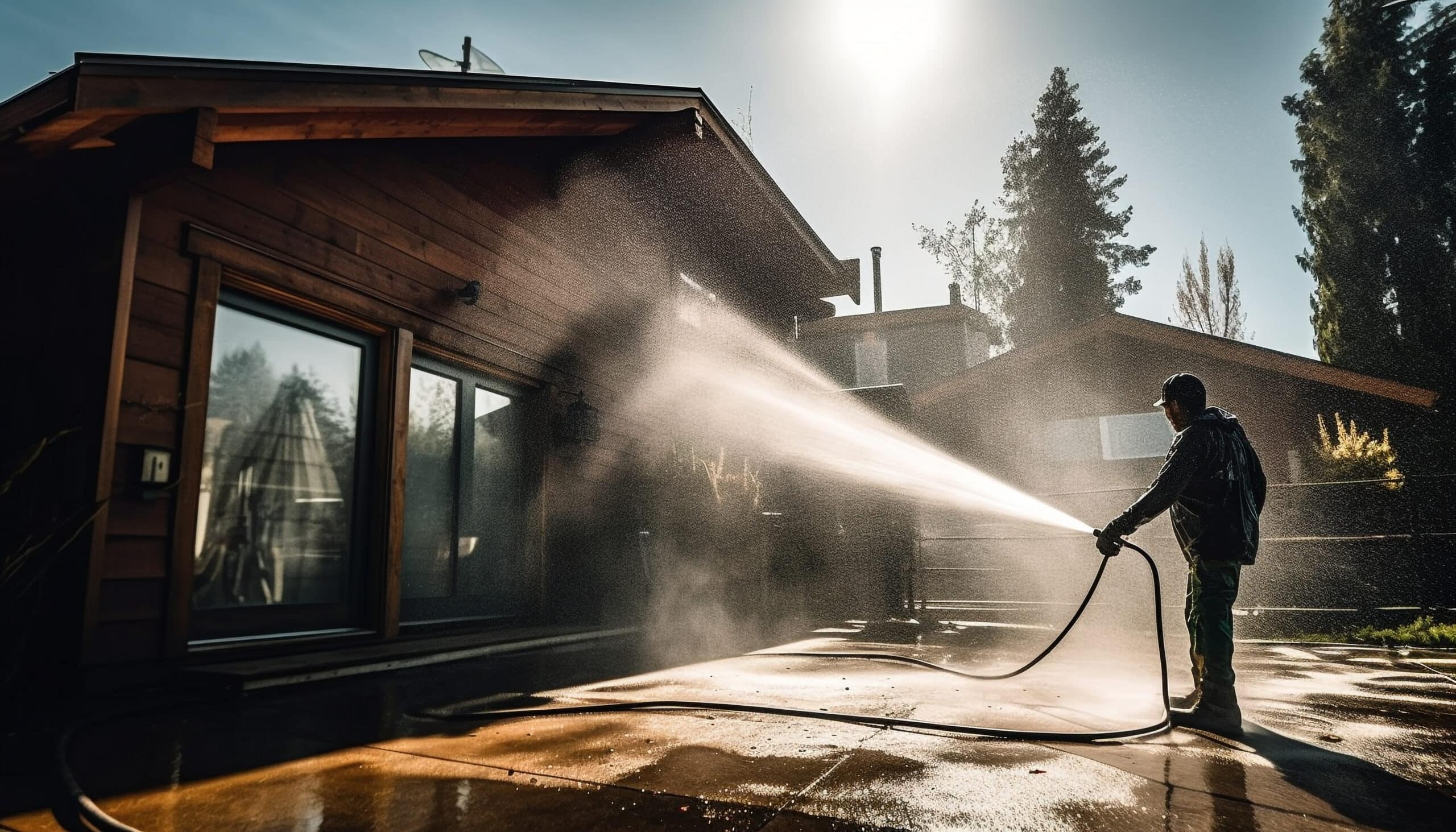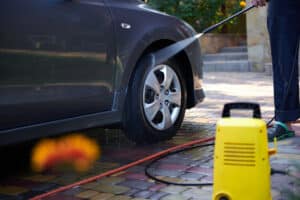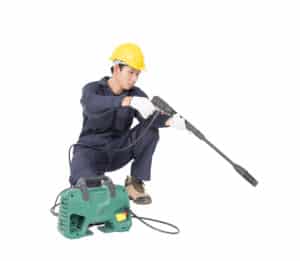What Safety Certifications Should I Look for When Buying a Gas Pressure Washer?
Key Takeaways
- The OSHA (CCOHS) regulations 1910.399 and 1910.303(a) address electrical safety requirements and grounding measures for gas pressure washers.
- SORE (Small Off Road Equipment) regulations ensure that gas pressure washers meet emissions standards and use cleaner-burning fuel, reducing environmental impact.
- The Clean Air Act of 1990 sets emission limits for gas pressure washers, ensuring compliance with environmental standards.
When considering purchasing a gas pressure washer, it is essential to prioritize safety. Gas pressure washers can be powerful tools, but they also come with potential risks if not used or maintained properly. To ensure you choose a gas pressure washer that meets the necessary safety standards, there are several certifications you should look for. These certifications provide assurance that the equipment has undergone rigorous testing and complies with the required safety regulations. In this article, we will explore the safety certifications you should consider when buying a gas pressure washer.
OSHA (CCOHS) Regulation 1910.399 and 1910.303(a)
The Occupational Safety and Health Administration (OSHA) is a regulatory body in the United States that sets and enforces safety standards in the workplace. When it comes to gas pressure washers, OSHA’s regulations 1910.399 and 1910.303(a) are particularly relevant. These regulations address electrical safety requirements for equipment and installations in hazardous locations. It ensures that the pressure washer is designed to prevent electrical hazards and has adequate grounding measures in place.
SORE Small Off Road Equipment Regulation
Gas pressure washers fall under the category of “Small Off Road Equipment” (SORE) and are subject to specific emissions regulations. These regulations are aimed at reducing air pollution caused by small engines. Compliance with SORE regulations ensures that the gas pressure washer meets the required emission standards and uses cleaner-burning fuel. By choosing a SORE-certified gas pressure washer, you contribute to minimizing the environmental impact of your equipment.
Clean Air Act of 1990
The Clean Air Act of 1990 is a comprehensive federal law aimed at controlling air pollution. It sets standards for various sources of air pollutants, including small engines like those found in gas pressure washers. When purchasing a gas pressure washer, ensure it complies with the emission limits set by the Clean Air Act. This certification guarantees that the equipment meets the necessary environmental standards and operates within acceptable emission levels.
Tier l-lV Engine Regulations
Gas pressure washers are powered by internal combustion engines, and it is crucial to consider the engine’s emissions performance. The Environmental Protection Agency (EPA) has established a tiered system of regulations for non-road engines, including those used in gas pressure washers. These regulations, known as Tier l-lV engine regulations, set increasingly stringent emission limits to reduce harmful pollutants released into the atmosphere. Look for a gas pressure washer that meets the applicable tier requirements to ensure it operates with minimal environmental impact.
Conclusion
When purchasing a gas pressure washer, prioritizing safety is of utmost importance. By considering the safety certifications mentioned above, you can make an informed decision and choose a gas pressure washer that meets the necessary safety standards. Look for certifications such as OSHA (CCOHS) regulation 1910.399 and 1910.303(a), SORE Small Off Road Equipment regulation, Clean Air Act of 1990 compliance, and adherence to Tier l-lV engine regulations. These certifications provide assurance that the equipment has undergone rigorous testing and meets the required safety and environmental standards. By investing in a certified gas pressure washer, you not only protect yourself and others but also contribute to a cleaner and healthier environment.
Related Websites:
FAQs:
Q: Why are safety certifications important when purchasing a gas pressure washer?
Safety certifications are important when purchasing a gas pressure washer because they ensure that the product meets certain safety standards. These certifications provide peace of mind and assurance that the pressure washer has undergone rigorous testing to ensure safe operation.
Q: What are some common safety certifications for gas pressure washers?
Some common safety certifications for gas pressure washers include CSA, UL, and ETL. These certifications indicate that the pressure washer has been tested and certified to meet specific safety requirements set by regulatory bodies.
Q: What safety aspects are covered by these certifications?
These certifications cover various safety aspects such as electrical safety, pressure safety, and overall product safety. They ensure that the pressure washer is designed and manufactured to prevent electrical hazards, maintain safe pressure levels, and meet other safety criteria.
Q: Which safety certifications should I look for when buying a gas pressure washer?
When buying a gas pressure washer, it is recommended to look for certifications such as CSA, UL, and ETL. These certifications are crucial for ensuring the safety of both users and the environment, as they indicate compliance with specific safety standards.
Q: What other safety considerations should I keep in mind when purchasing a gas pressure washer?
In addition to certifications, it is important to consider other safety factors when purchasing a gas pressure washer. Look for safety features such as automatic shut-off valves, safety locks, and proper hose connections. It is also crucial to follow all recommended safety precautions provided by the manufacturer.






